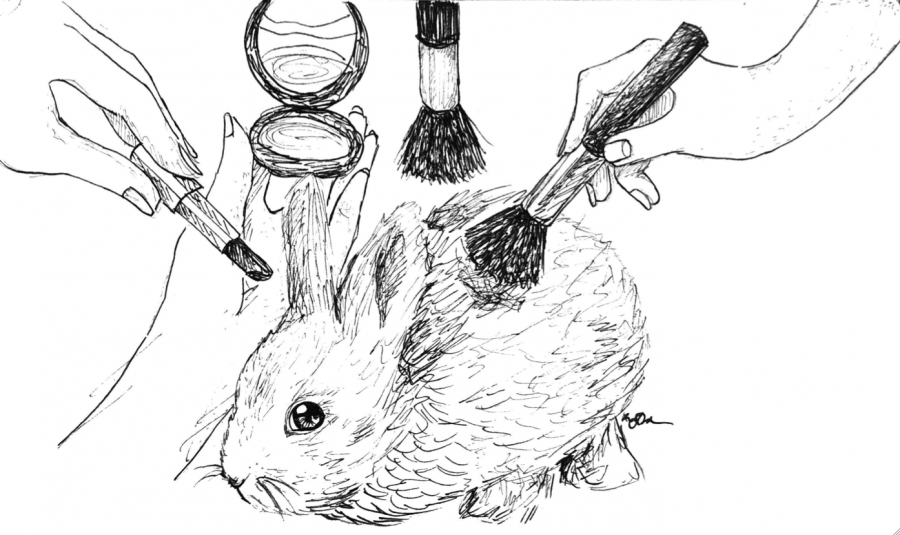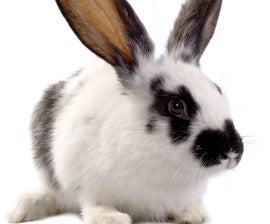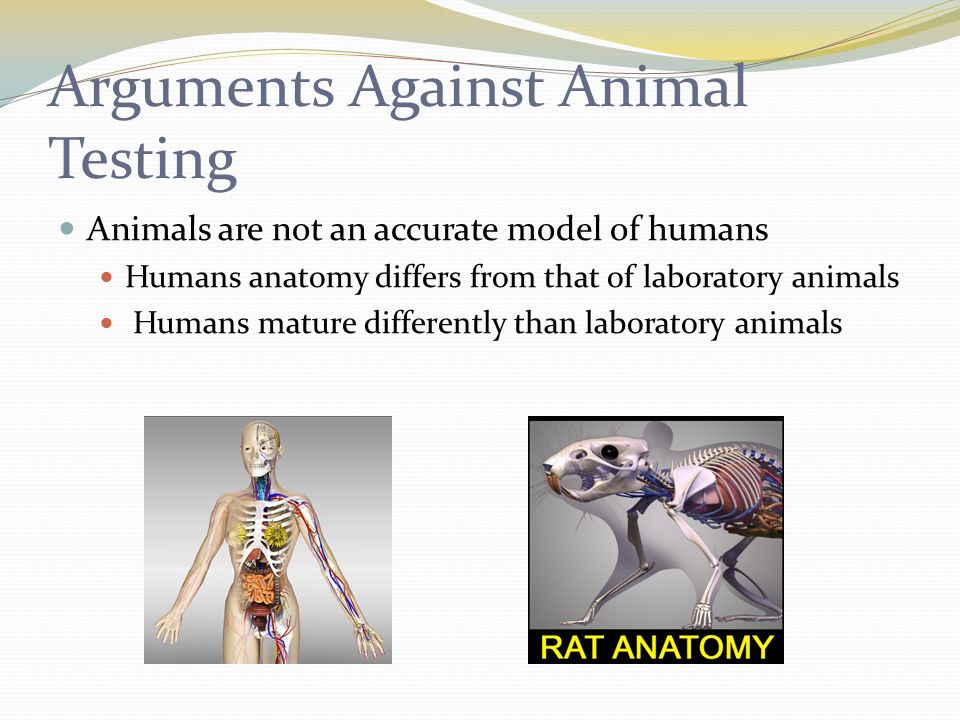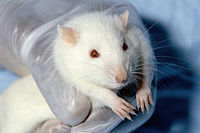Cosmetic Animal Testing Arguments
Cosmetic Animal Testing Arguments, Indeed recently has been hunted by consumers around us, perhaps one of you personally. People now are accustomed to using the internet in gadgets to view video and image information for inspiration, and according to the name of this article I will discuss about
If the posting of this site is beneficial to our suport by spreading article posts of this site to social media marketing accounts which you have such as for example Facebook, Instagram and others or can also bookmark this blog page.
Animal testing harms and even causes the death of several animals.

Cosmetic dentistry ri. The strongest argument for the use of animals in cosmetic testing is their ability to demonstrate effects on a whole body system. The support for animal testing is based largely on anecdote and is not backed up we believe by the scientific evidence that is out there. Despite many decades of studying conditions such as cancer alzheimers disease parkinsons disease diabetes stroke and aids in animals we do not yet have reliable and fully effective cures.
Argument to stop cosmetic animal testing. Use of animals in experiments about 311 of animals in science are used in basic research while 119 are used for translational and applied research which includes projects that test primary. About animal testing claims that acute animal suffering is a myth.
That the animals suffering is limited and that isolated instances give a distorted impression of the truth. Arguments for a ban. Complex issues such as carcinogenicity and endocrine disrupting effects still do not have a comprehensive way of being tested outside of animals though a number of alternative tests exist for specific mechanisms.
A cosmetic is a product that helps cleanse the body or improve its appearance. Animal testing is commonly thought of as a means of protecting humans from the possible dangers of medicine cleaning products and cosmetics. Because of this idea many people do not really take the time to think about the actual necessity of cosmetic animal testing.
Cosmetic animal testing is a kind of animals testing that is used to confirm the hypoallergenic properties and safety of cosmetics before being introduced in the market.
